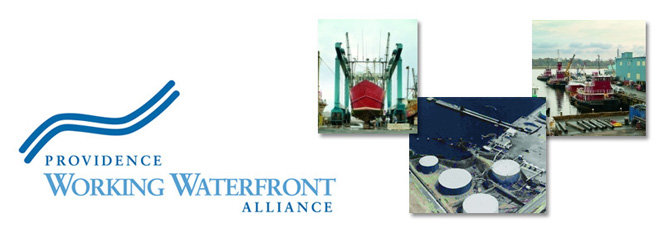A recent Providence Journal editorial and an opinion piece in the Christian Science Monitor both make the case for alleviating truck congestion on Route 95 by encouraging the growth of short sea shipping, a developing transportation solution where goods are shipped via barges from large ports to smaller regional ports for end distribution.
Coastal shipping has the potential to strengthen the resilience of America’s transportation system – an important national security objective. It can also provide substantial environmental benefits by reducing greenhouse gas emissions. The European Union, which moves 40 percent of its internal freight by sea, provides an example of how much America stands to gain.
The US Maritime Administration estimates that a typical barge can handle 456 containers whereas the same amount of cargo requires 228 double-stacked rail cars or 456 tractor-trailers. Studies have shown that coastal shipping could be three times more efficient at transporting cargo than long-haul trucking is. This is particularly true along the I-95 corridor between Massachusetts and Florida, where many smaller ports enjoy excellent yet underutilized access to the sea around clogged highways.
Providence’s working waterfront, with our 40ft federal deep water channel and rail and highway access, is perfectly situated to take advantage of short sea shipping growth opportunities.


December 20th, 2007 at 8:00 pm
This would be an excellent opportunity to follow through with. It would be a more efficient method of transport, it would greatly reduce the number of trucks on our highway system, would greatly reduce the amount of pollution generated, and would greatly add to the vibrancy of our city. Seeing ships enter and leave a city’s port regularly is not only lovely to watch, but gives an overall feeling of liveliness to the city in a way that over-crowded highways never could. People generally still have a romanticized view of ships in a city-scape. This would further add to Providence’s charm.